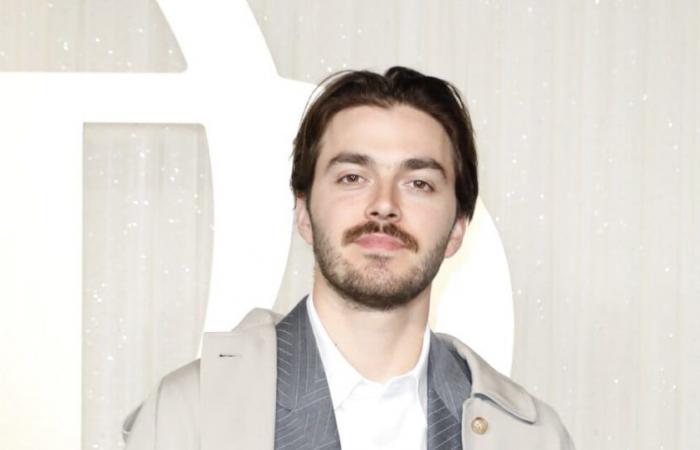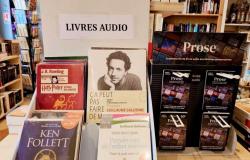He started his career at just 16 years old on television as a columnist, so at 26, Panayotis Pascot can already boast of a busy career, with a book that was a hit – Next time you bite the dustwhich has become a bookstore phenomenon with 350,000 copies sold and is currently adapted for the theater – an actor's status which is asserting itself, the successful game show The Werewolves on Canal + and the writing of a first feature film. But currently, it is for a second show that the young man is in the news, in which he addresses intimate subjects such as fatherhood.
Panayotis Pascot answered questions from Parisian to promote his new show Between the two. The newspaper questions him about a strong sentence that he proclaims on stage: “I want to become a father.“Why such a statement at an age when he could have a thousand and one other desires? The 26-year-old artist, who overcame his serious depression, thought carefully about the subject:”A desire to get out of myself: accessing parenthood is about the dissolution of the egoyou love something else more than yourself. There is also the desire to relive moments from childhood, to reconnect with this wonder, this innate joy. And then, the meaning of life is also to be able to transmit.“
Panayotis Pascot: becoming a father when you are homosexual
Another thing leads him to question himself now about having children, being homosexual, he will not be able to be a father following the classic pattern: “I like men, so if I want to become a dad, the process will take longer. I feel like it’s as much of a curse as it is a blessing. I have more time to evolve into the father I would like to be, but there is a less spontaneous, less fluid side. Three, six or seven years are confusing deadlines. But for me who likes to torture my mind, to ask myself questions, it gives me time to mark the route. If I want to be a dad at 33 or 35, I need to think about it now.”
The maturity of Panayotis Pascot surprises and, at the same time, does not surprise that much when we observe all the work he has accomplished, his perspective and his existential questions. Be careful, we must not see in his existential questions of politics if sociology, he makes a totally human approach to his life.






